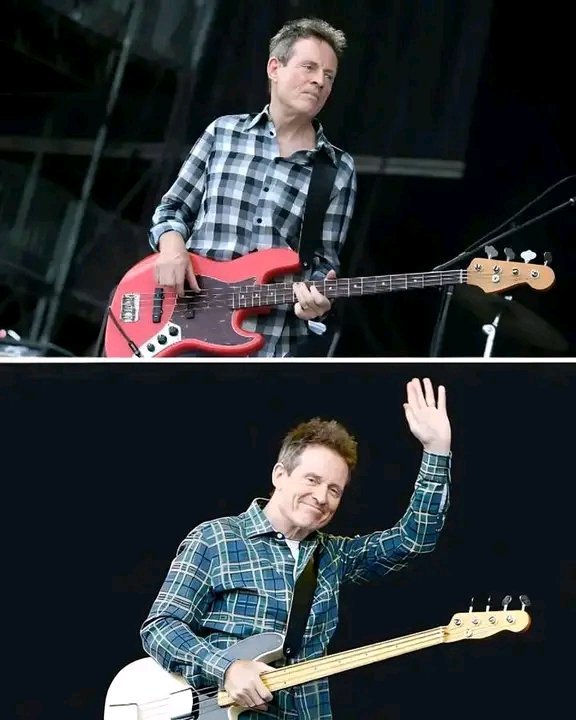“John Paul Jones: The Quiet Genius Who Gave Led Zeppelin Its Wings”
In the thunderous world of Led Zeppelin, where frontman Robert Plant’s voice could shatter glass and Jimmy Page’s guitar summoned storms, one figure remained steady, silent, and supremely essential—John Paul Jones. The bassist and keyboardist wasn’t just playing in the background; he was the glue binding Zeppelin’s wild ambition into coherent, often transcendent soundscapes. As the band’s most versatile and classically trained musician, Jones was its quiet architect.
Long before Led Zeppelin formed, John Paul Jones had already built a name for himself in London’s studio scene. He was a trusted session musician and arranger, having worked with luminaries like The Rolling Stones, Donovan, and Dusty Springfield. That professional polish—an encyclopedic grasp of styles, a deep understanding of harmony and arrangement—would become Zeppelin’s secret weapon. His experience allowed the band to explore blues, hard rock, folk, funk, and classical with fearless sophistication.
It was Jones’s bassline that helped turn “Dazed and Confused” into a thunderous dirge and his electric keyboard work that gave “No Quarter” its eerie, otherworldly glow. While Jimmy Page often crafted the skeleton of a Zeppelin track, Jones brought its heart, adding harmonic structure, rich texture, and unexpected flourishes that made their music timeless. His mandolin on “Going to California” whispered with delicacy, while his clavinet groove on “Trampled Under Foot” pushed the band straight into funk territory.
And yet, he never demanded the spotlight. While the others fed off the energy of the crowd, Jones preferred to stay rooted behind his instrument, letting the music speak louder than any showmanship. In interviews, he was reserved, occasionally wry, but always modest. That humility belied a monumental musical intellect. Bandmates often described him as the most grounded and reliable of the group—a quietly stabilizing force amidst the chaos of fame, touring, and excess.
After Zeppelin disbanded in 1980 following John Bonham’s death, Jones didn’t chase the solo spotlight. Instead, he kept experimenting—collaborating with artists as varied as Diamanda Galás, Brian Eno, and even members of Sonic Youth. His work with Them Crooked Vultures in the 2000s—alongside Dave Grohl and Josh Homme—proved that even in his sixties, he could still drive a band with irresistible groove and subtle brilliance. He also turned his attention to orchestration and film scoring, once again showing the breadth of his musical reach.
In the grand mythology of Led Zeppelin, Jones is often overshadowed by the more flamboyant personas of Plant and Page. But listen closely—really listen—and you’ll hear that Jones is everywhere. He gave the band its harmonic richness, its rhythmic depth, and its genre-defying range. He was the master of dynamics, always knowing when to support and when to surprise. Without him, Led Zeppelin might still have been loud—but it wouldn’t have been legendary.
John Paul Jones didn’t just play in Led Zeppelin—he completed it. The quietest member may just have been the most indispensable.
